A battle over books is taking the U.S. by storm as more state legislatures are banning titles. And Florida is at the top with 566 bans in 21 districts.
Florida signed two laws in the last two years that are actively contributing to book bans. The Stop Woke Act prevents classroom instruction that some believe could cause students to feel culpable for past actions like slavery or segregation. The Parental Rights in Education Act prohibits classroom instruction on sexual orientation and gender identity.
And now, access to books touching on race, gender or sexual orientation is limited in Florida as schools preemptively take down books to wait for further guidelines.
With banned books dominating more and more of the conversation, there is often confusion about what this really means.
What does it mean when a book is banned?
While the word banned can conjure up images of black lines crossing out text, or someone behind bars if found with a book in hand, the reality is much different.
According to the Upper School librarian, Ms. Dugarte, “the term is an umbrella for censored, challenged, or outright banned.”
These books are usually challenged or censored when taught in schools or shelved in public libraries. State governments can also threaten to cease funding if these challenges are not properly dealt with.
A challenge to a book often refers to the attempt to remove that book from the library. There is usually a form to fill out, and a process that is followed before a library director will remove the book.
Schools and publishing houses also censor certain words. For example, “Fahrenheit 451” by Ray Bradbury, a novel warning against the detrimental impacts of censorship, ignorance, and government control, was republished in 1963 with censored content since they were selling it to schools. They removed curse words and references to alcoholism or violence. It stayed that way until Bradbury complained.
What’s different now?
The U.S. has banned books for centuries. But what’s changing in Florida is the process of revision for censorship.
Before the passage of the “Parental Rights to Education” and the “Let Kids Be Kids” bills, schools in Florida followed (as most schools do) the Miller Test to restrict books: federal guidelines outlined by the Supreme Court that offer methods to label “obscene” content as a means to protect minors from harm.
Now, with the Florida legislature’s promises of “special” school board meetings and principal approvals of books, Florida school districts are looking to the Florida Department of Education for the new guidelines.
Public schools and libraries have taken many books off the shelves as a preemptive measure to avoid conflict.
What happens in Florida if the book ban is not obeyed?
Most states have set penalties for defying a book ban in libraries. For example, Arkansas librarians face up to $10,000 in fines, or 2 1/2 years in prison.
In contrast, the Florida bill does not outline specific penalties to displaying banned books. However, teachers could be charged for a third degree felony if they share any book that is considered pornographic or obscene.
Is this legal?
The legality of a book ban is a heavily contested topic.
In a 1982 Supreme Court case, Island Tree School District v. Pico, the Supreme Court ruled in the students’ favor on First Amendment grounds, “holding that the right to read is implied by the First Amendment.” This established a precedent that the government cannot restrict speech simply because it does not enjoy the content of the speech.
However, although state governments do not have the right to restrict the distribution of books, they have jurisdiction over the functioning of schools and libraries.
So as head of the Florida state government, Governor DeSantis does have the power to sign a bill that could restrict a library’s access to books by threatening to lower funding, or by threatening teachers with legal repercussions.
Approaching the book bans from a right to preserve parents’ privacy rights, DeSantis is not directly defying the Supreme Court precedent.
The extent to which a government has the right to interfere with private liberties has been a contested issue since the early days of the Constitution, in which the word privacy does not appear once. It is up to precedent and laws to draw the line where the government has to stop interfering with privacy, and where it can protect the individual’s privacy.
It is only a matter of time before the government’s role in privacy is more precisely defined.
The people’s reaction
The general public is already making motions to challenge the book bans.
The free speech organization, PEN America, is partnering with Penguin Random House and “a diverse group of authors” to join “parents and students from Escambia County, Florida, to file a federal lawsuit challenging removals and restrictions of books from school libraries that violate their rights to free speech and equal protection under the law.”
New York Times’ ongoing Current Events Conversation feature published students’ reactions to the book bans in their states last year. A lot of the students did not agree with the bans, and said they believed it is “infringing on their natural rights.”
However, there are several conservative groups who support the book bans.
In 2021, the Florida Citizens Alliance (FCA) created a “Porn in Schools Report,” which included a list of all books that are “indecent and offensive,” like the children’s picture book, “And Tango Makes Three”, where two cartoon-drawn male penguins adopt a baby penguin.
“It’s about protecting the innocence of our children,” said Keith Flaugh, one of the founders of Florida Citizens Alliance, in an interview with New York Times. He added that it was also to prevent the government from possibly indoctrinating children.
According to their mission statement, the 250,000 people in the FCA, in tandem with multiple other conservative groups like Moms for Liberty, are actively working to continue to censor titles that “infringe on parental rights” to “improve Florida’s K-12 education.”
How does this affect Carrollton?
Since Carrollton is an independent school, the new Florida bills do not apply.
Nevertheless, Carrollton libraries have had their fair share of challenges, and a delicate balance has to be maintained, according to Ms. Dugarte.
“I’m hesitant sometimes when I’m getting new books,” she said. Dugarte must take into account whether or not the book will “go against this idea of what a Catholic all-girls school should have.”
“I have to remind myself that I’m a librarian; I’m supposed to be neutral,” she continued. “It’s my job to create a safe environment for everyone.”
Instead of following state guidelines, Carrollton libraries follow the Library Bill of Rights created by the American Library Association, which states that libraries should fulfill their responsibility to “provide information and enlightenment” by “presenting all points of view on current and historical issues.”
In addition, the Article II of the Library Bill of Rights states: “Materials should not be proscribed or removed because of partisan or doctrinal disapproval.”
Because Carrollton librarians follow this idea, access to any books is not denied to anyone 15 or older.
“As librarians, we’re an open door of information,” Ms. Dugarte said. “If we don’t carry it here for whatever reason, my job isn’t to say that [an Upper School student] can’t read it; my job is to tell [you] we don’t have it here, but these are the places you can look for it.”
In contrast, the approach is a little different for the younger girls in Carrollton.
“We always tell our students that if you’re in Upper School (7th through 12th), you have access to all the libraries that we have,” she explained. “Versus, for the little ones, we’re like, ‘Hey, that’s something that you’re going to grow into.’”
According to Ms. Dugarte, the protection of Carrollton students is a priority. If there are books that deal with heavy topics, Carrollton librarians want to take a role in helping students understand what they are reading.
In these cases, “if there’s a girl who really wants to read a certain book, I believe it’s our due diligence, at least in a school setting, to make sure that we have a conversation first about what the book is about, and that we have permission from the parents,” she said.
Which books are currently banned?
Many of the books brought under state revision explore issues of sexuality, LGBTQ+ representation, or racial experiences.
Some of the books under revision to be banned in Florida school districts include:
“The Hate U Give,” by Angie Thomas
- What it’s about: YA Novel about a sixteen-year-old who moves between two worlds: the poor neighborhood where she lives and the fancy suburban prep school she attends. The uneasy balance between these worlds is shattered when Starr witnesses the fatal shooting of her childhood best friend, Khalil, at the hands of a police officer.
- Banned for: anti-police messages, profanity, sexual situations, drinking, and drugs – Marshall Libraries.
“And Tango Makes Three,” by Justin Richardson & Peter Parnell
- What it’s about: Children’s Picture book about two male penguins who adopt a baby penguin.
- Banned for: being unsuited to age group, offensive, obscene, sexually explicit – Marshall Libraries
“Looking for Alaska,” by John Green
- What it’s about: YA novel that follows the story of Miles “Pudge” Halter, a teenager who leaves his mundane life in Florida to attend a prep school, where he makes new friends and becomes infatuated with the enigmatic Alaska Young.
- Banned for: sexually explicit content, LGBTQIA+ content, teenage death – ALA, Marshall Libraries.
“Stamped: Racism, Anti-Racism, and You: A Remix of the National Book Award-winning Stamped from the Beginning,” by Jason Reynolds & Ibram X. Kendi
- What it’s about: Explains how racist ideas and policies have shaped U.S. history since colonial times. Argues that young people ought to learn about this in the 21st century since these ideas show why racial inequities, police brutality, and mass incarceration continue to plague American society. It also suggests that activist movements like Black Lives Matter can help fix those inequalities.
- Banned for: critical race theory, being too divisive – Marshall Libraries
“Melissa (George),” by Alex Gino
- What it’s about: A children’s novel about a young, transgender girl who is struggling to be herself. The rest of the world sees Melissa as George, which causes her great confusion and discomfort.
- Banned for: sexualization of children, oblique references to male genitals, conflicting with religious viewpoints – Marshall Libraries.
“All Boys Aren’t Blue,” by George M. Johnson
- What it’s about: YA novel that looks back on the author’s life growing up Black and queer in Plainfield, New Jersey. Structured like a series of essays and letters that explore events and people that affects their life and understanding of their identity; This young-adult memoir weaves together the trials and triumphs faced by Black queer boys.
- Banned for: LGBTQIA+ content, sexually explicit content -ALA, Marshall Libraries
For a full list of banned books in Florida districts, see PEN database or an update from the Miami New Times.


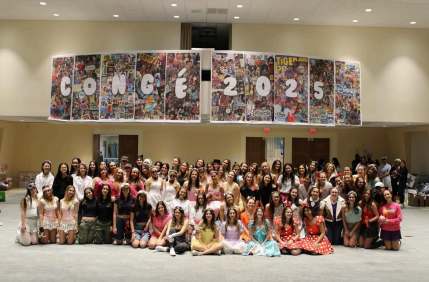

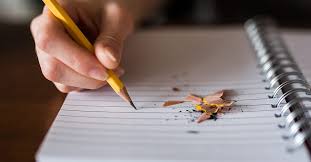
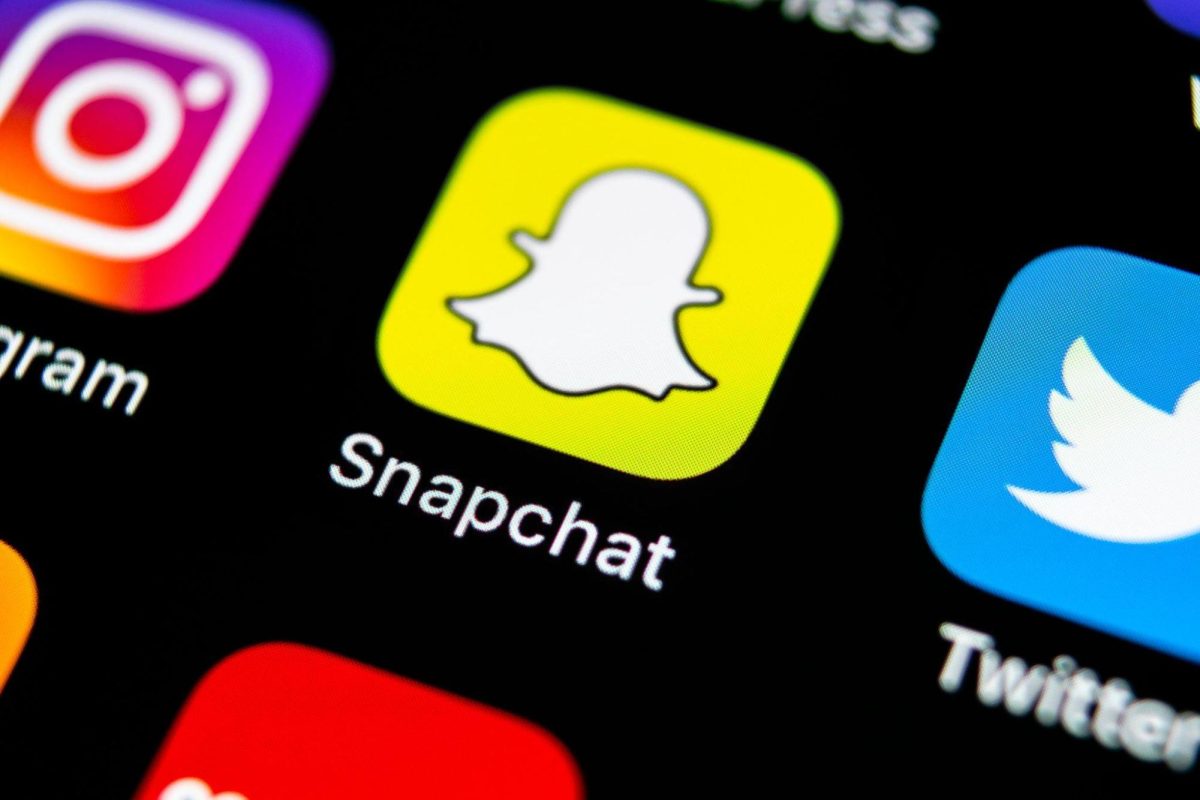

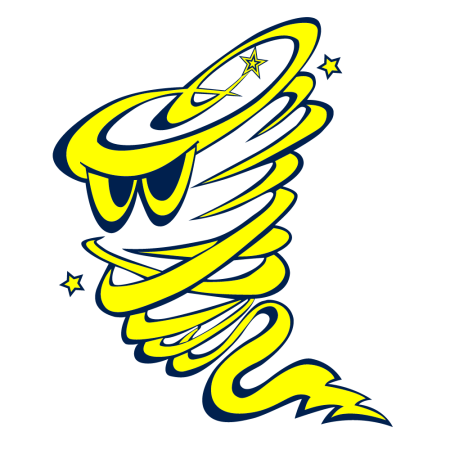
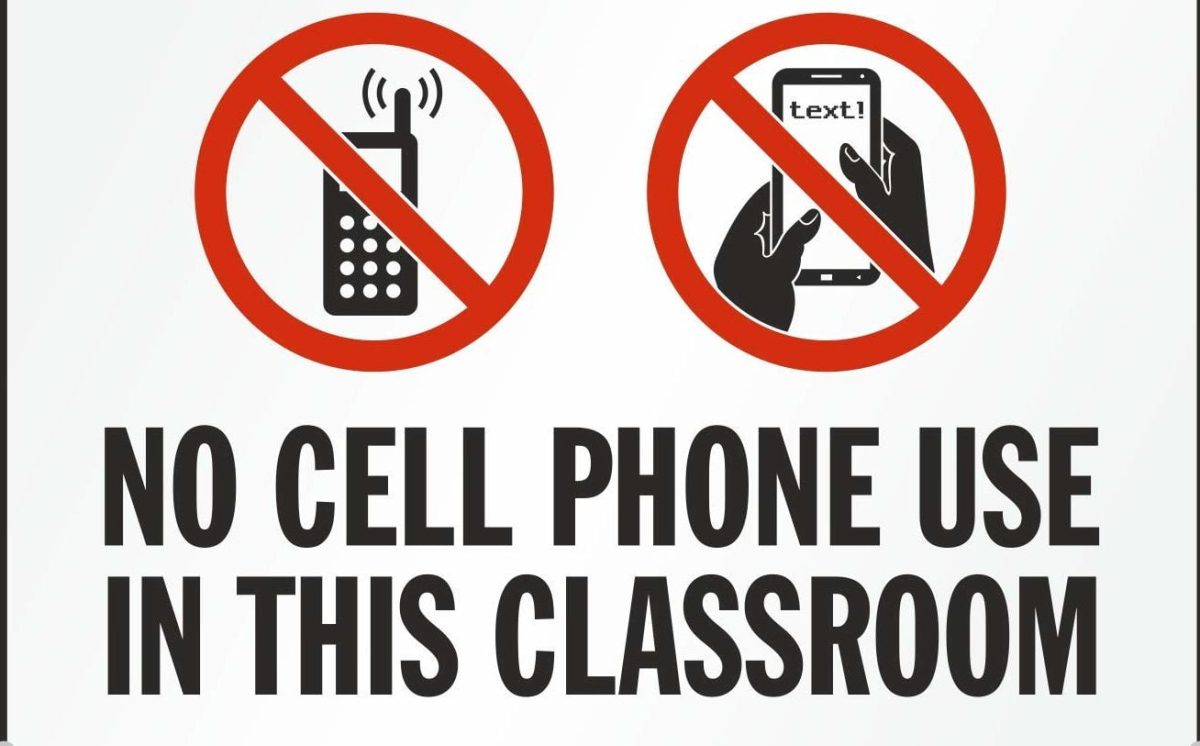
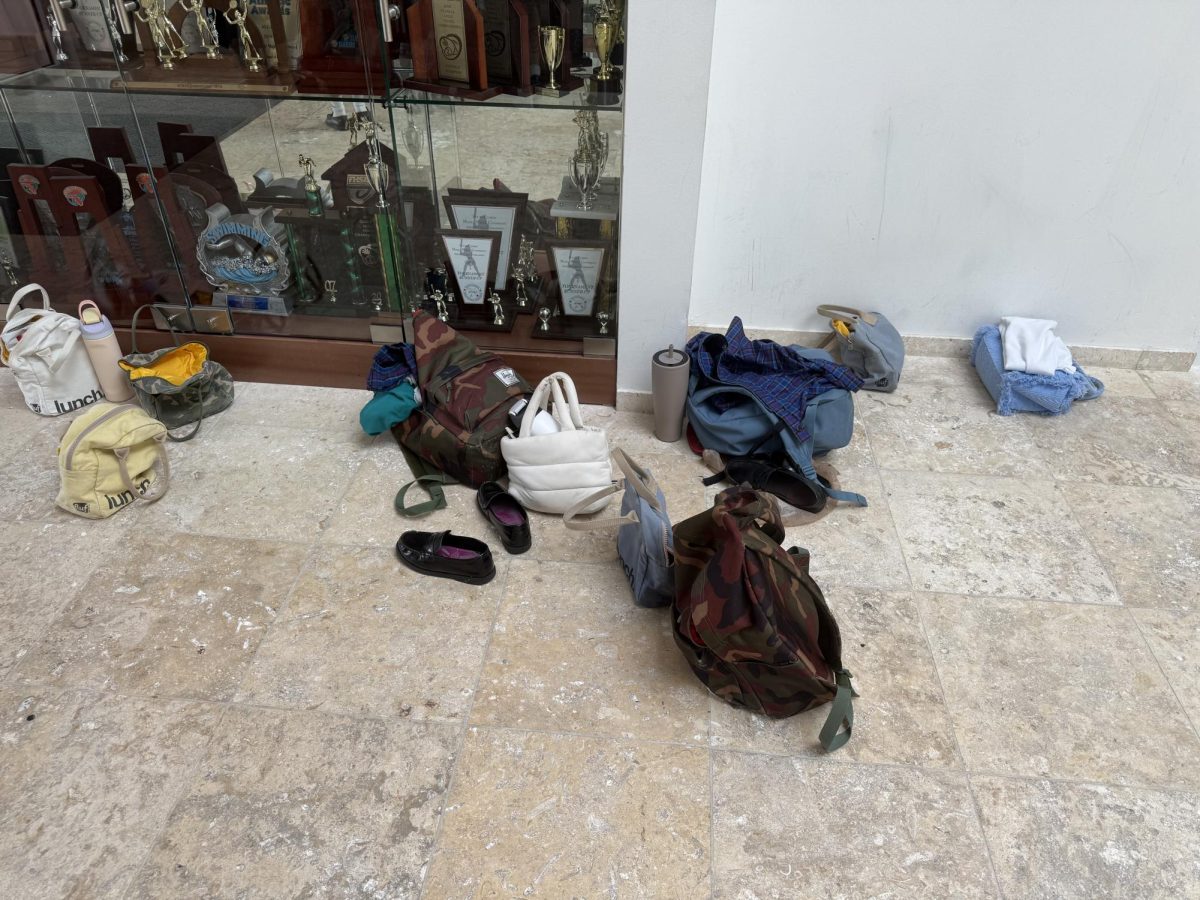
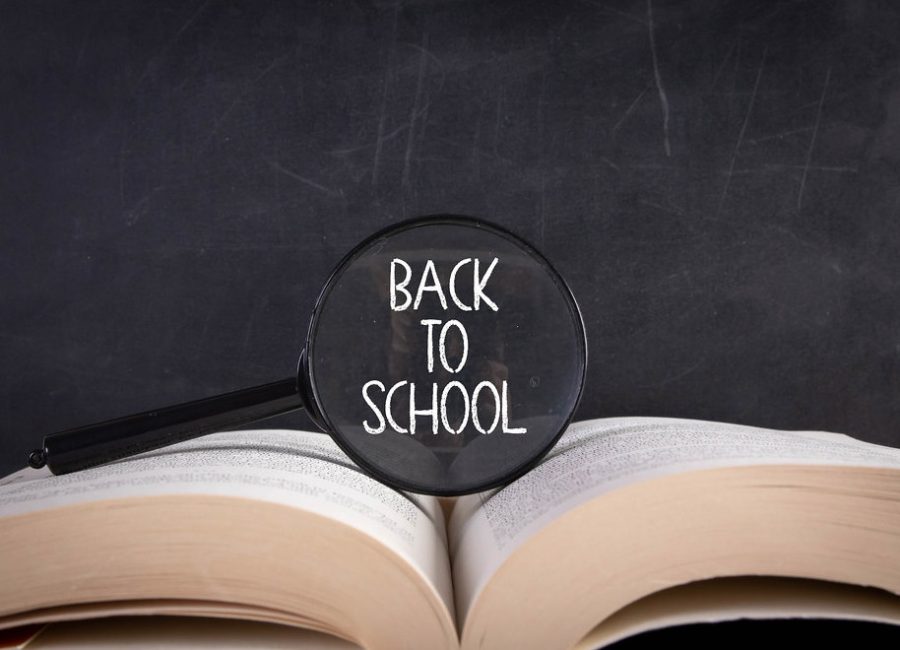

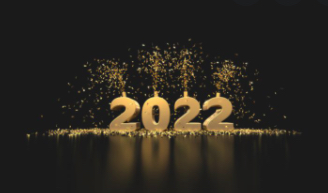




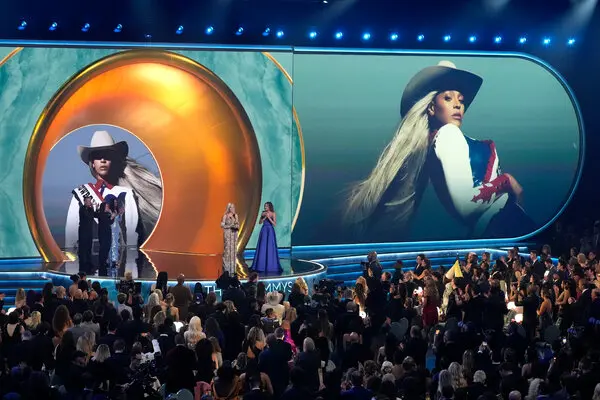
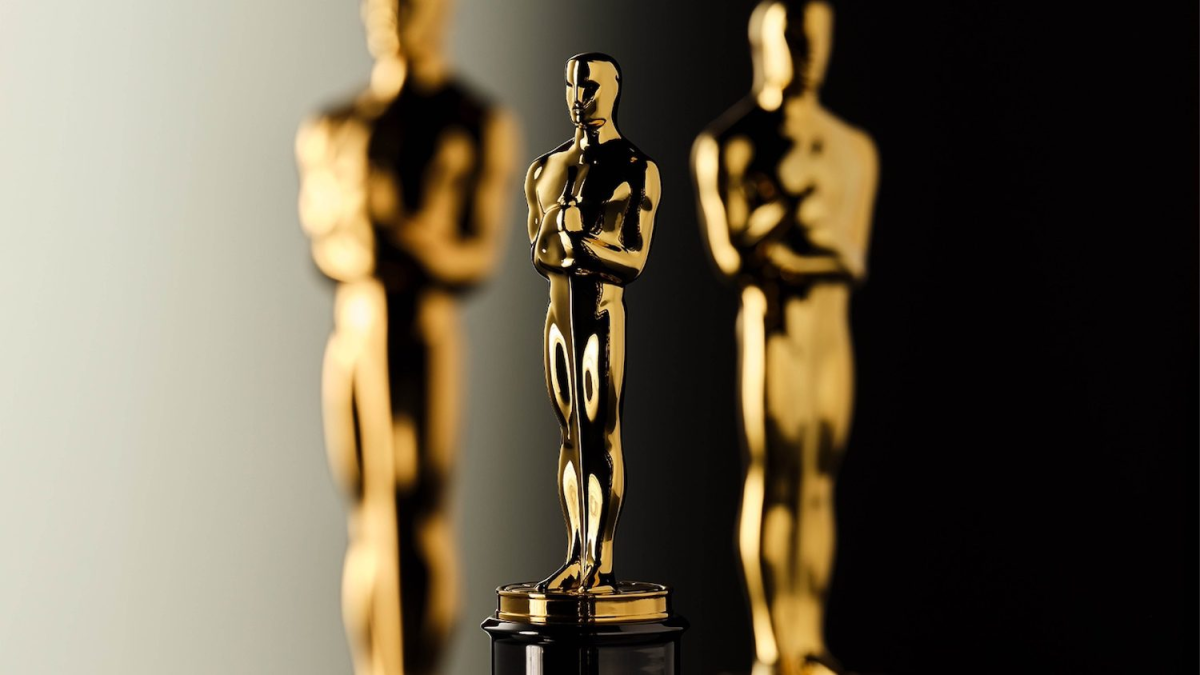
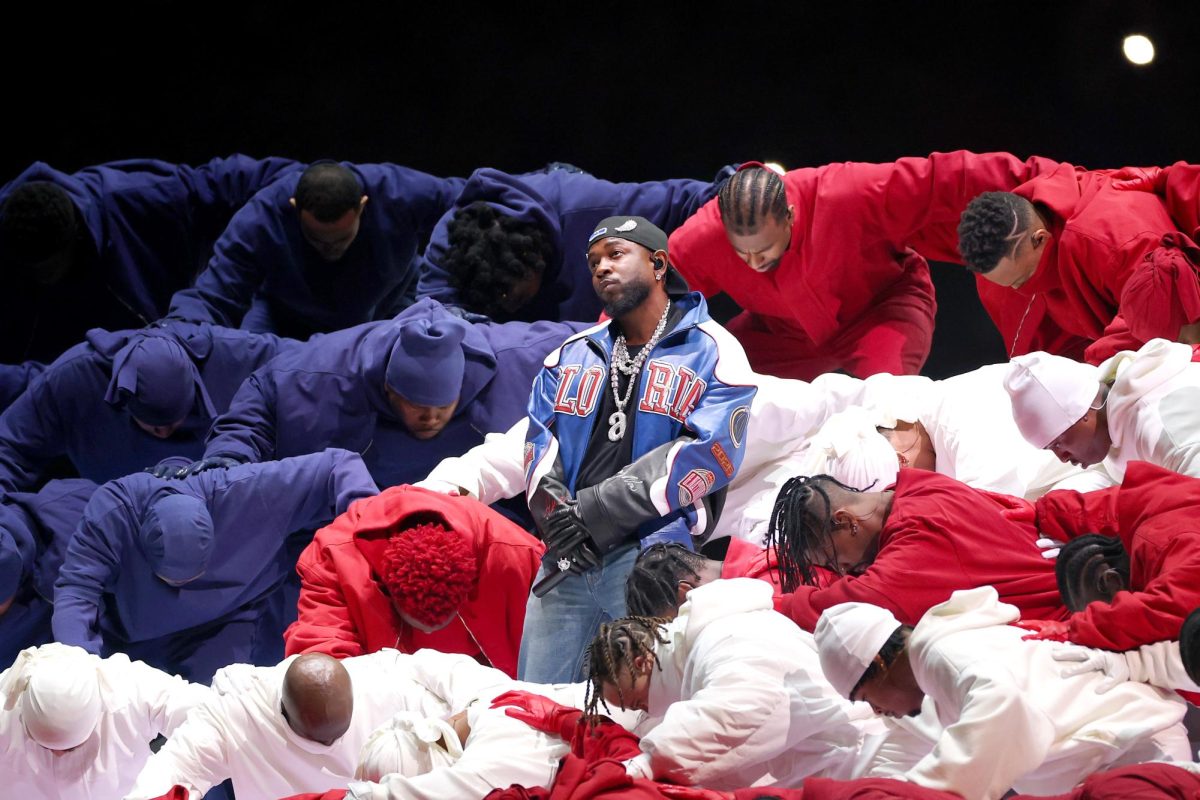
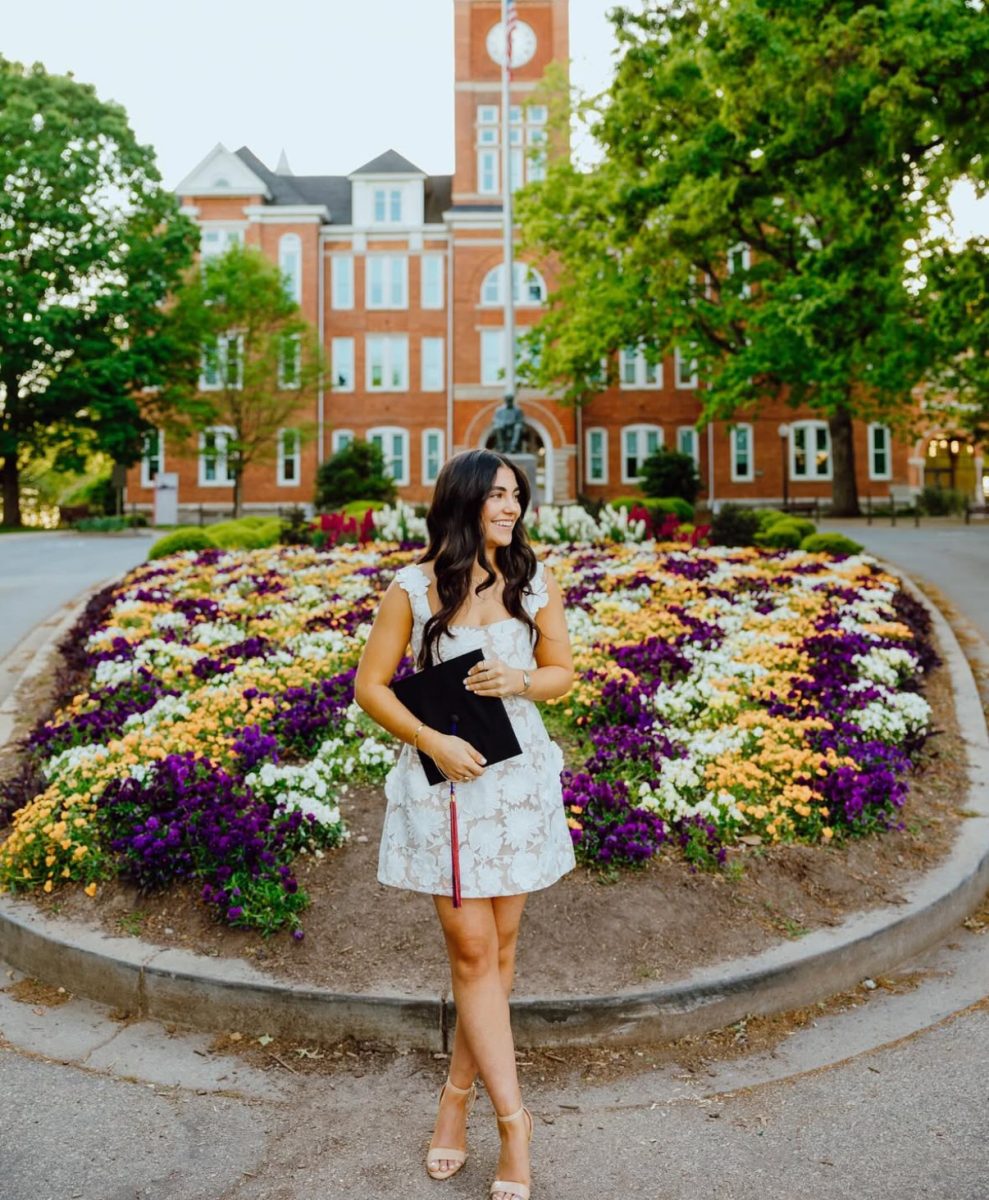
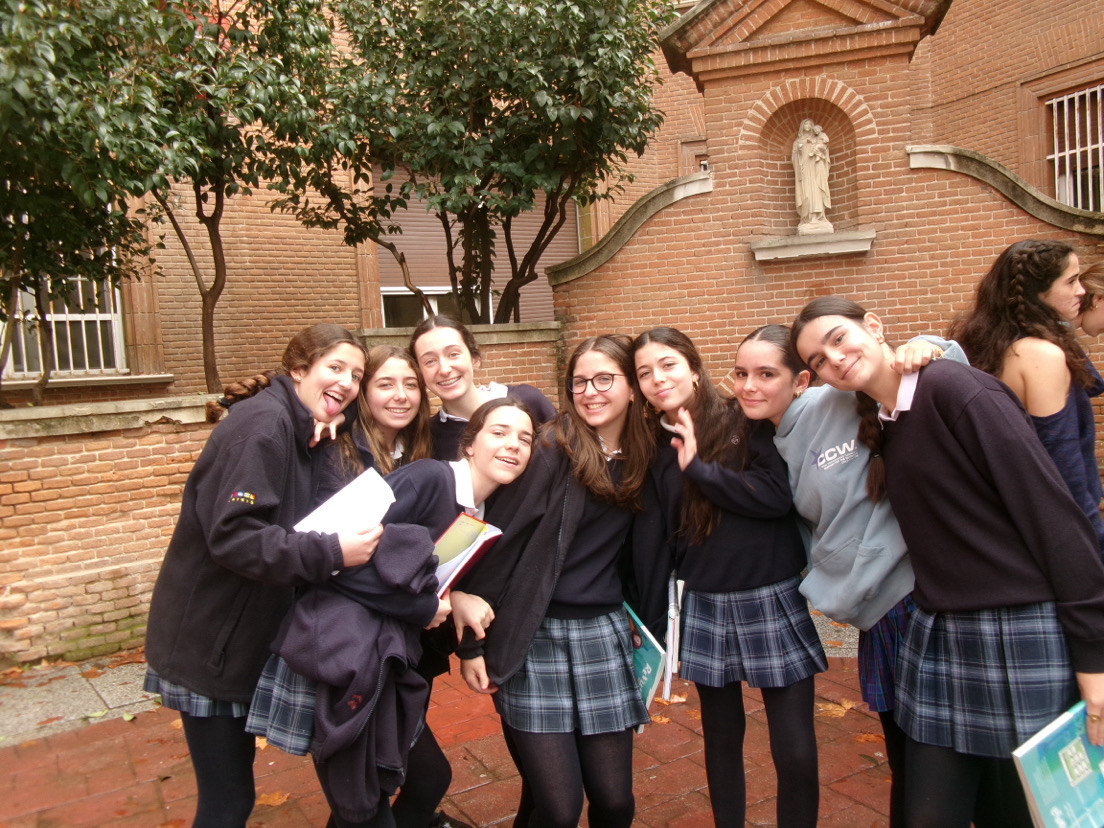



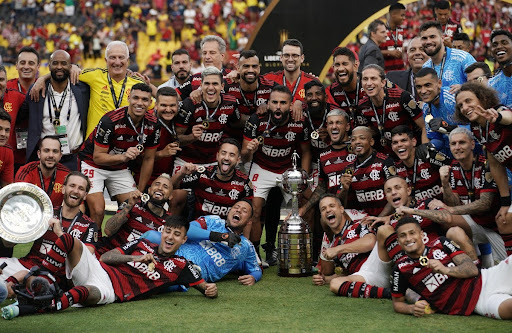
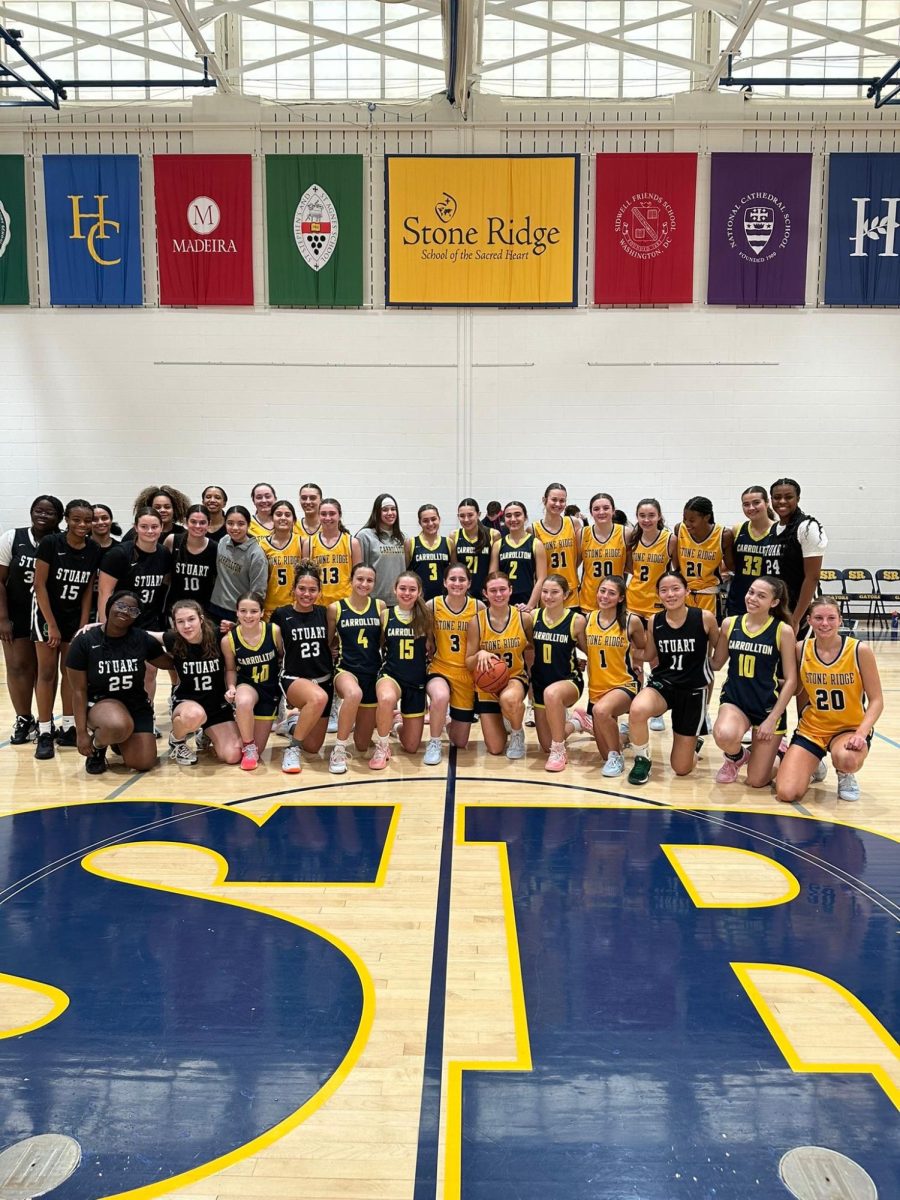
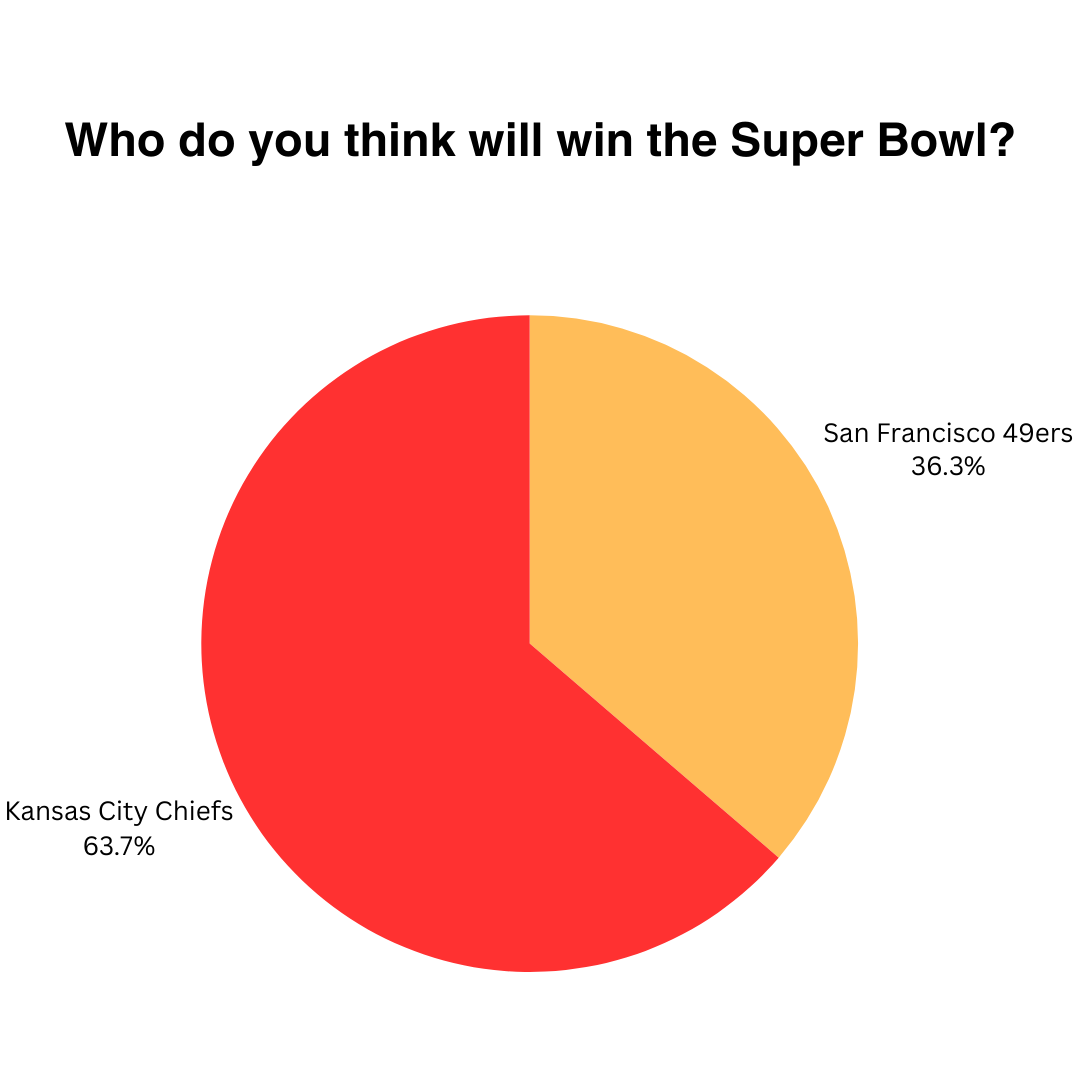
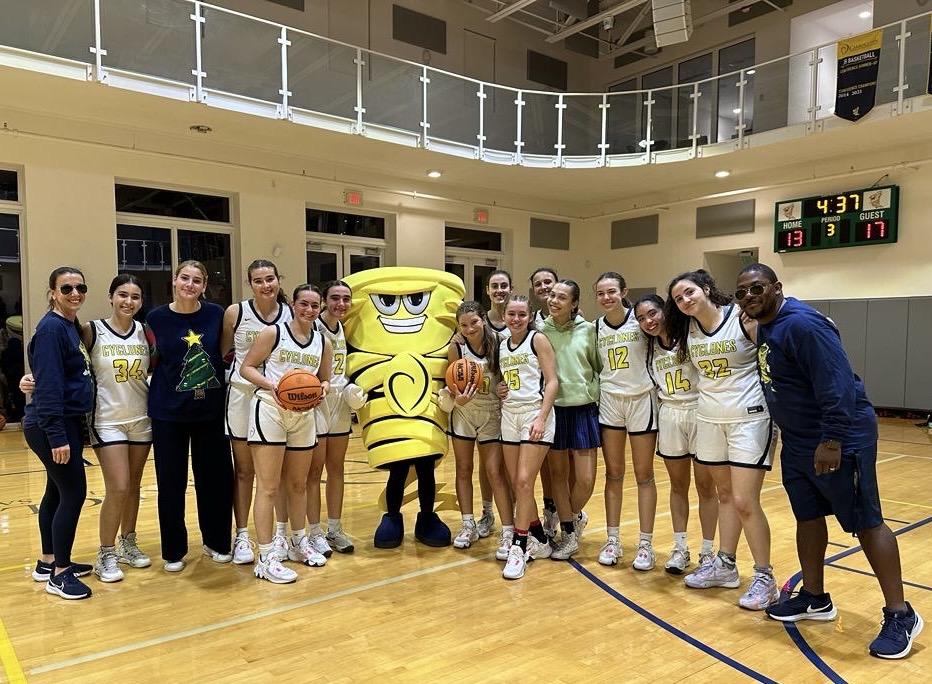
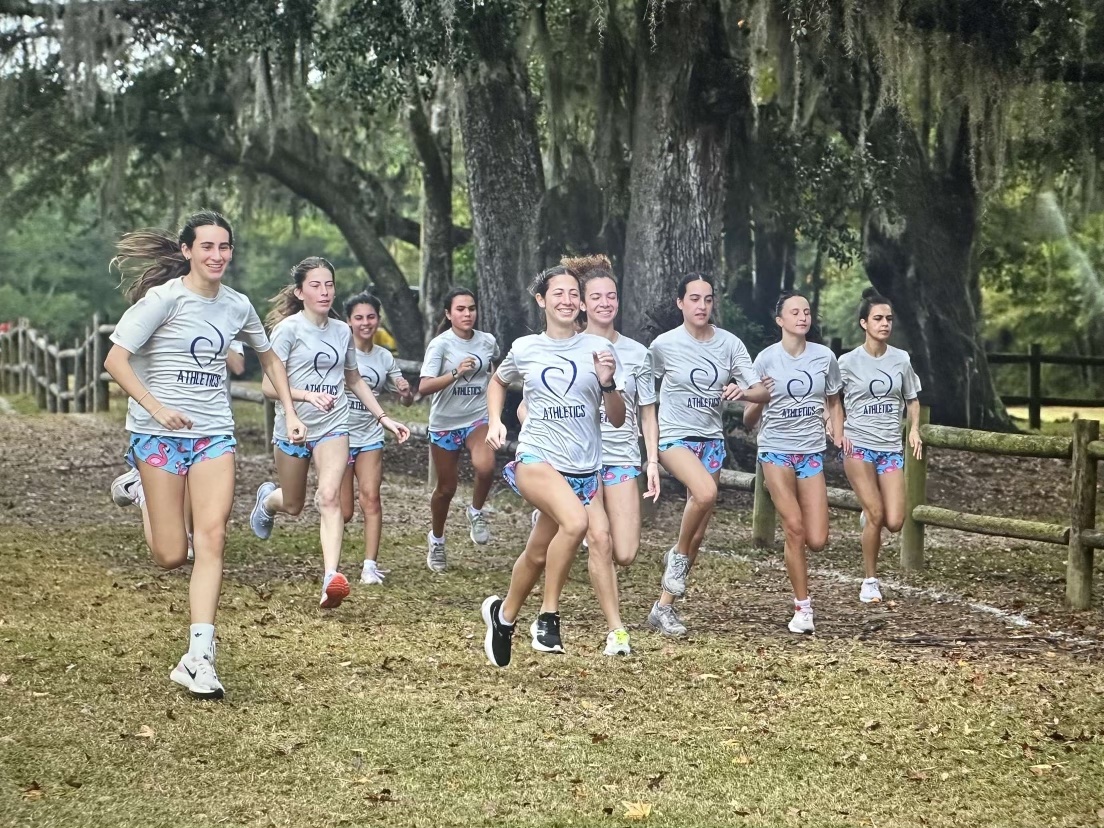

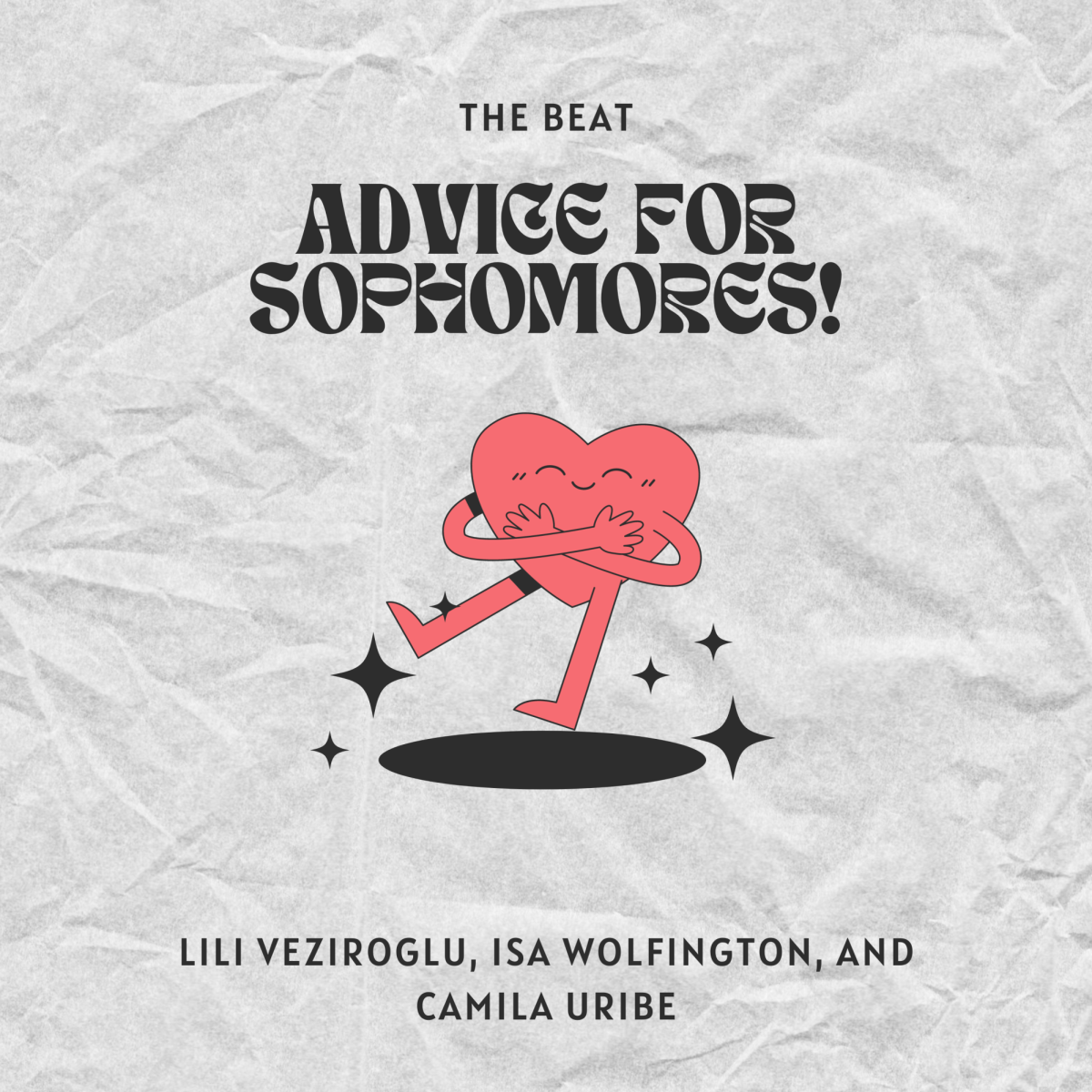



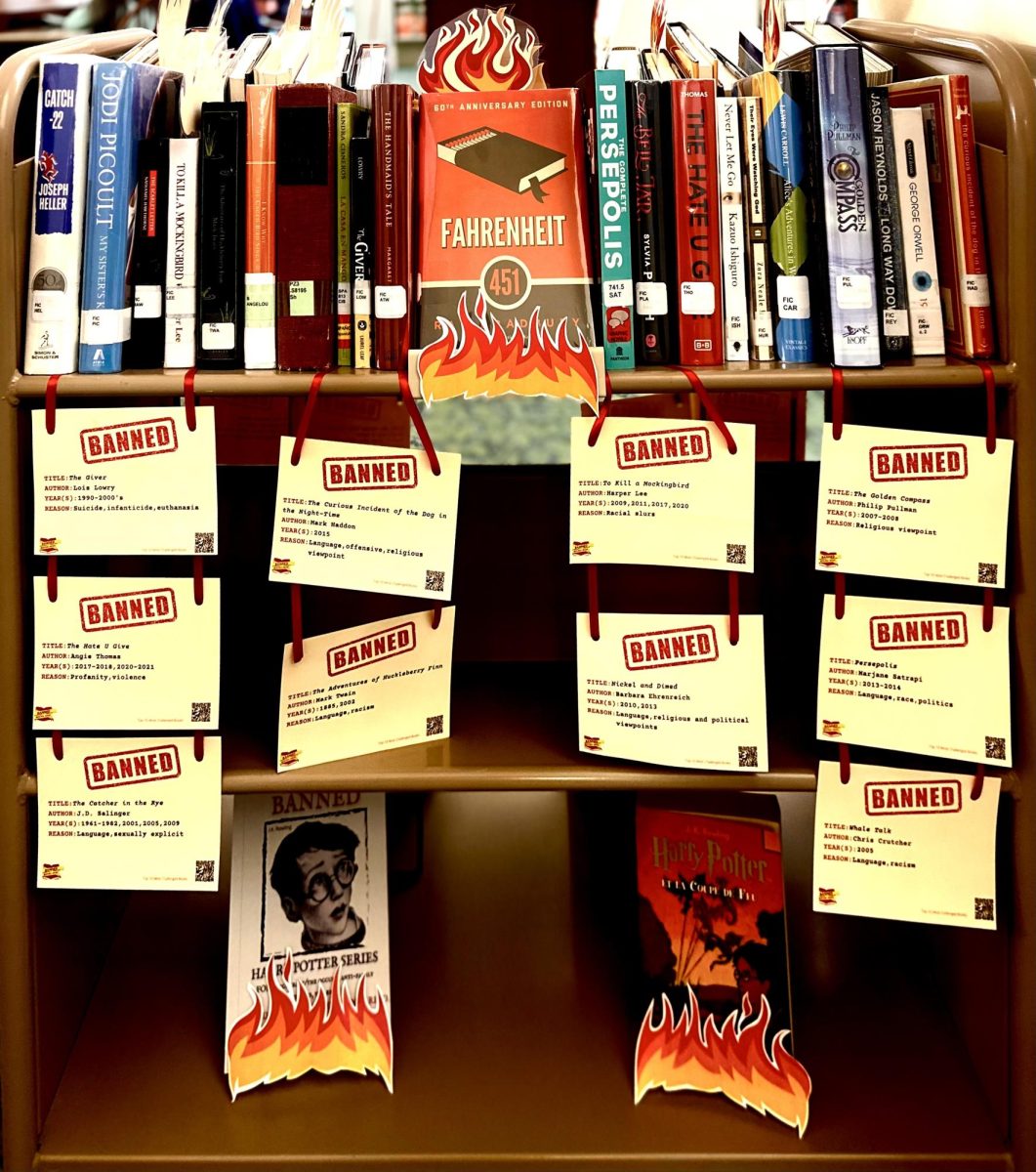


Gabriel Alkon • Oct 16, 2023 at 1:51 pm
Thank you for this very informative and balanced article.
I do think the issues involved here are complex. I think it is evidently true that some books do not belong in a high school library. On the other hand, sometimes it is not easy to determine which ones are inappropriate (though sometimes, it is quite easy to figure this out!!).
Also, librarians and teachers do have to exercise discretion and perhaps even say that some supposedly great books are really just not worth taking all that seriously and may even be perniciously destructive. We do need to help students make choices — though students also should usually be free to decide!
Turning this issue into the subject of internet “flame wars” is not constructive. On the other hand, it is an issue, one that cannot be dismissed out of hand.
Michelle M Berio Calderin • Oct 16, 2023 at 7:36 am
Great piece! Nice job.
Shaune Scott • Oct 15, 2023 at 11:51 am
As long as a book is available through a bookstore, online retailer, etc., it is not banned. Not all books are appropriate for all ages, hence certain books are not in all school libraries. Parents know best what their children are able to process emotionally and intellectually. I speak as a mother and grandmother, not just as a teacher.
Amelie Pupo-Mayo • Oct 14, 2023 at 6:14 pm
The fact that this literally ties into the Fahrenheit 451 meta is insane. It is crazy how a dystopian fictional situation is in some sense happening in the real world.
Debbie Rollheiser • Oct 14, 2023 at 9:58 am
I appreciated learning this information; thank you.
Sofia Barrera • Oct 13, 2023 at 5:53 pm
Amazing piece! Super important issue that needs to be discussed.